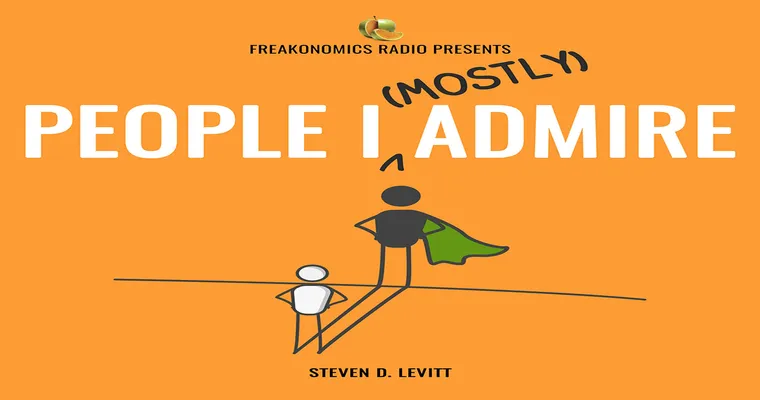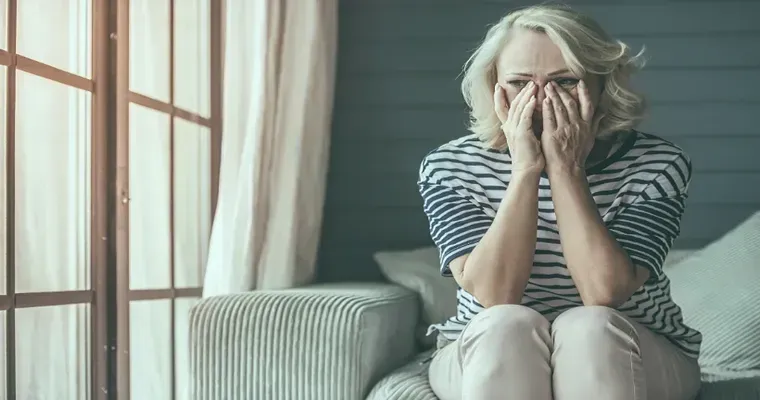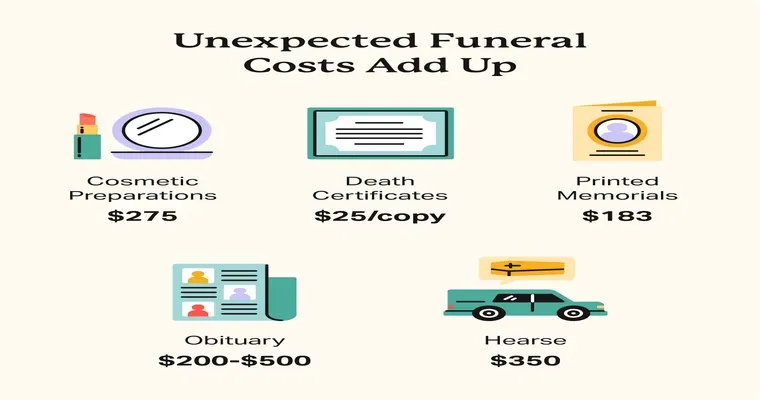In the realm of podcasts that challenge conventional thinking, the "Freakonomics podcast" stands out for its unique approach to complex topics. One of its most compelling episodes, titled "How to Be Better at Death," delves into the often-taboo subject of mortality, exploring how we can improve the way we approach death and dying. This episode not only provides insights into the psychology of death but also offers practical advice that can help us navigate this inevitable part of life with greater dignity and understanding.
The podcast begins by examining our societal attitudes toward death, which is often shrouded in fear and discomfort. The hosts discuss how these feelings can lead to poor decision-making when it comes to end-of-life care and planning. Through interviews with experts in the fields of psychology, medicine, and ethics, listeners are encouraged to confront their own beliefs about death and consider how these beliefs shape their choices.
One of the standout features of the episode is its emphasis on the importance of "advance care planning". The podcast argues that having open conversations about preferences for end-of-life care can significantly alleviate stress for both the dying and their families. By discussing wishes regarding medical interventions, pain management, and even funeral arrangements, individuals can ensure that their desires are honored, leading to a more peaceful transition.
Moreover, the episode highlights the role of "palliative care" in improving the quality of life for those facing terminal illnesses. Unlike traditional medicine, which often seeks to cure, palliative care focuses on providing relief from symptoms and stress, enhancing the overall experience of those at the end of life. This approach is not only about managing physical discomfort but also addressing emotional and spiritual needs, making it an integral part of the conversation about how to be better at death.
Another critical aspect discussed in the podcast is the cultural differences in how death is perceived and handled around the world. By sharing stories from various cultures, the hosts illustrate that there is no one "right" way to approach death. Instead, listeners are encouraged to explore diverse perspectives, which can enrich their understanding and provide comfort in their own experiences.
The episode also touches on the psychological benefits of accepting death as a natural part of life. By embracing this reality, individuals can lead more fulfilling lives, making choices that reflect their values and priorities. This shift in mindset can also foster deeper connections with loved ones, as it encourages open dialogues about fears, hopes, and legacies.
In conclusion, the "How to Be Better at Death" episode of the "Freakonomics podcast" is a thought-provoking exploration of a subject that touches us all. With its insightful discussions on "advance care planning", "palliative care", and cultural attitudes toward death, the episode serves as a valuable resource for anyone looking to navigate the complexities of mortality with grace and understanding. Whether you are a healthcare professional, a caregiver, or simply someone interested in the human experience, this podcast offers essential insights that can transform your approach to one of life's greatest challenges.





